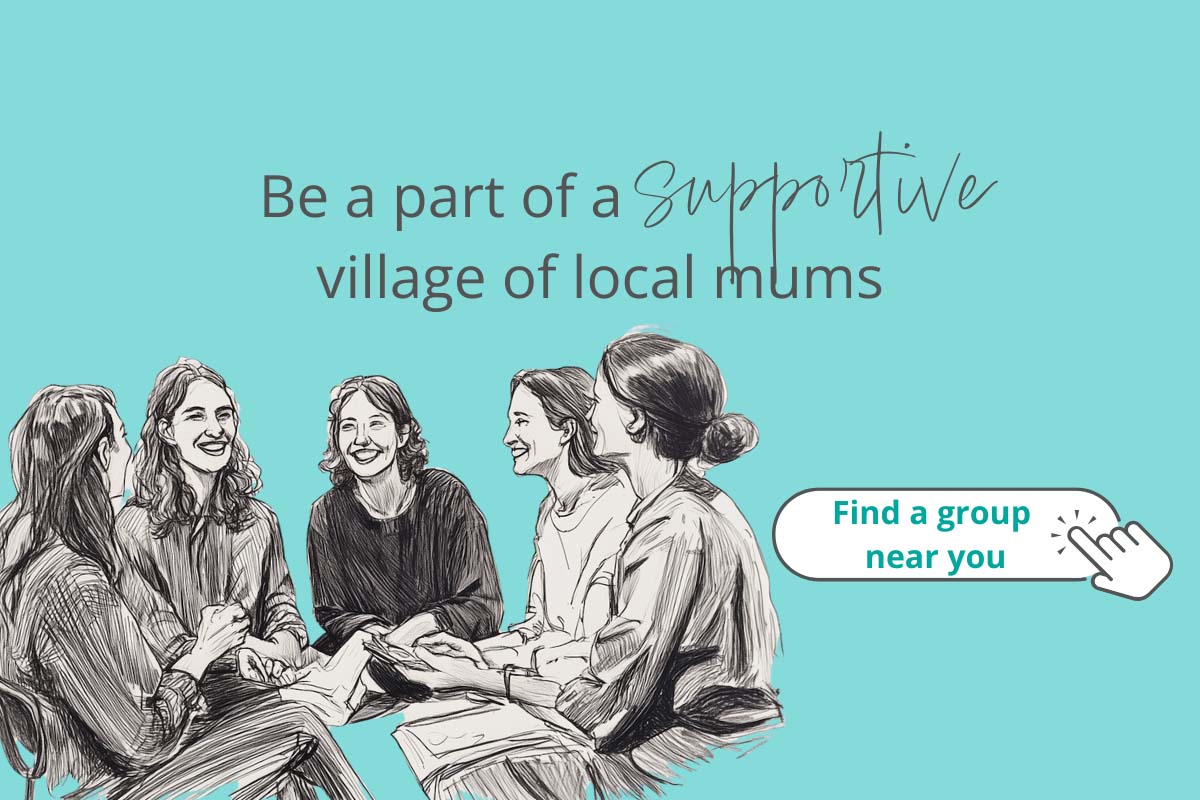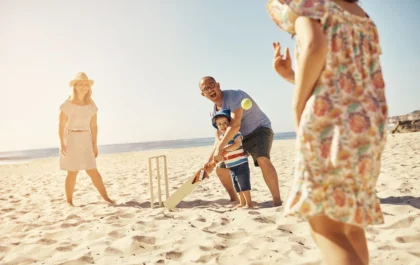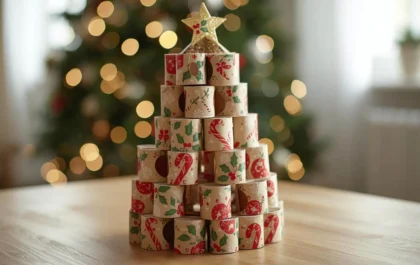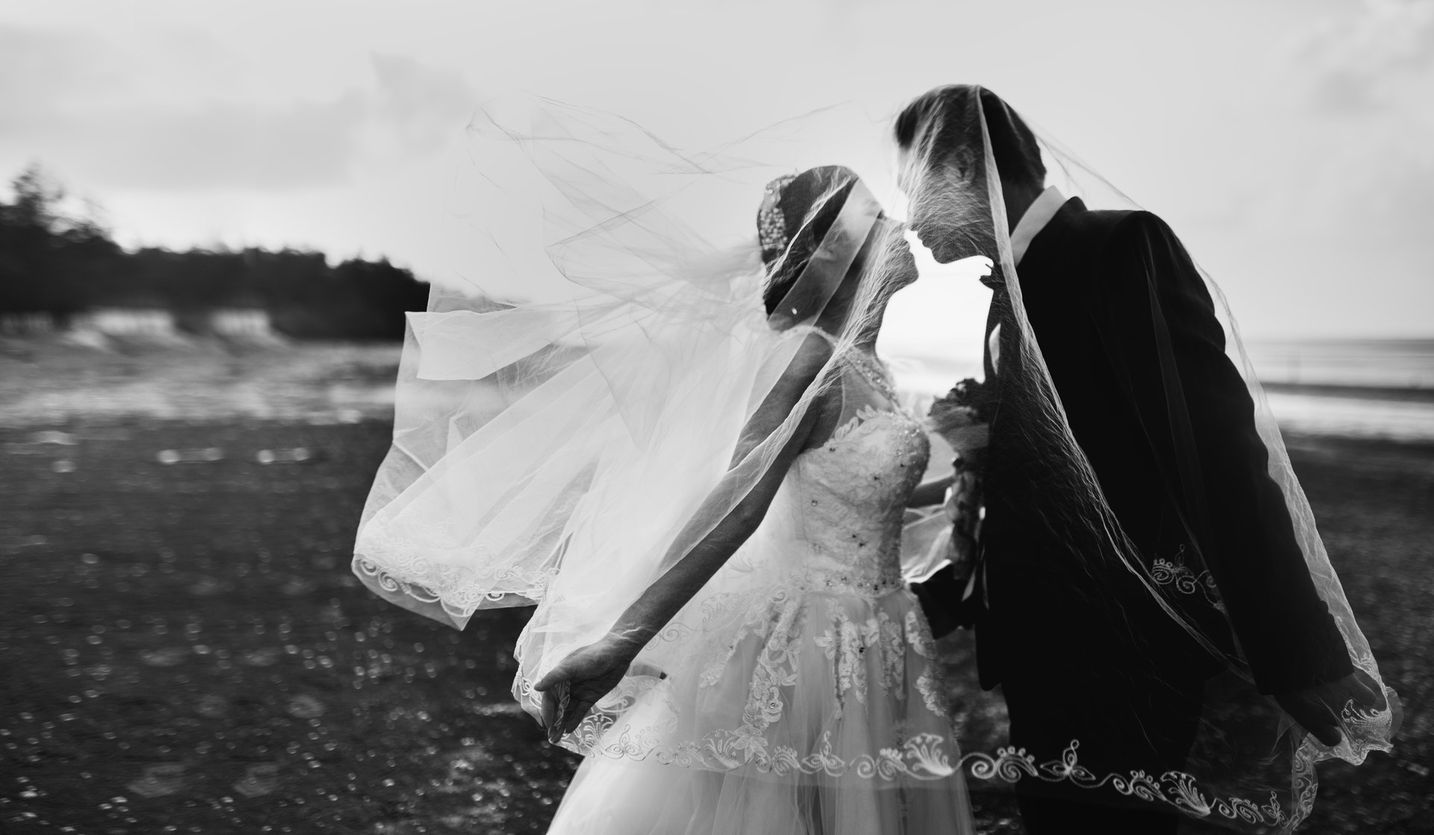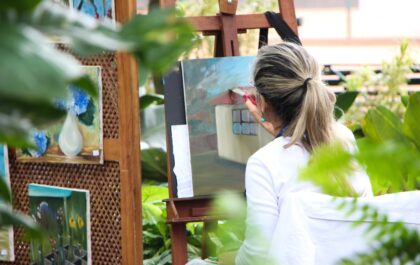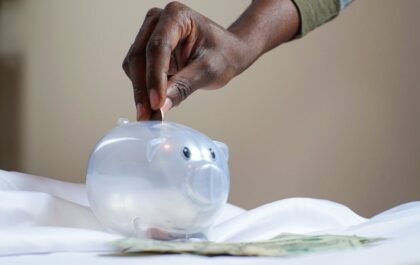Receive personalised articles from experts and wellness inspiration weekly!
Inspiring stories
A mum’s heartbreaking choice
What happens to the children of mums working in Cambodia’s red-light districts at night? Read how one mother found an unexpected lifeline.
Educational toys your kids will love
Don’t feed your baby these foods
Educational toys your kids will love
When potty training just isn’t working
Massages and pregnancy: Is it safe?
Wonder Weeks: A stress-free guide for parents
Choosing the best baby formula
Trending video
9 Aussie Christmas traditions we all love
Aussie Christmas traditions are truly one of a kind. Celebrate the season with a look at the uniquely Australian ways we do Christmas.
DIY advent calendar ideas for kids
Looking for a fun way to kick off the countdown to Christmas? Try a kid-friendly DIY advent calendar filled with surprises.
The Gottman Method: 3 ways to help your marriage last
Wondering how the Gottman Method can help your marriage? Here are 3 simple ways to build lasting love and a stronger connection.
Why you should consider relationship counselling
Discover what relationship counselling involves, how it works, and whether it’s the right step for you and your partner.
The 5 things I learned from my divorce
Side hustles for mums: Turning spare time into cash
Whether you’re just wanting some extra cash, covering rising bills or dreaming of replacing your day job, you’ll need the right side hustle.
Why you should have a five-year-plan
12 kitchen swaps to save money and the planet
Discover 12 simple kitchen swaps that can help you reduce your environmental impact and make sustainable choices without breaking the bank.
9 Aussie Christmas traditions we all love
Aussie Christmas traditions are truly one of a kind. Celebrate the season with a look at the uniquely Australian ways we do Christmas.
DIY advent calendar ideas for kids
Looking for a fun way to kick off the countdown to Christmas? Try a kid-friendly DIY advent calendar filled with surprises.
11 Minecraft cakes that kids will love
Meal inspiration
Receive personalised articles from experts and wellness inspiration weekly!
Mind & body
Recent posts
What the social media ban means for you
Children under the age of 16 will be blocked from using social media from 10 December 2025. Here’s what you can do as a parent.
DIY advent calendar ideas for kids
Looking for a fun way to kick off the countdown to Christmas? Try a kid-friendly DIY advent calendar filled with surprises.
How do we make friends?
When you become a mum, your entire life gets consumed by your baby. But what happens when you want to start venturing out again?
School holiday activities: Tips for parents to keep sane
Here are some of the best school holiday activities parents can do to keep the kids entertained this school holidays.
7 common learning difficulties kids face and how to support them
Is your child struggling at school? You’re not alone. Here’s how you can gently support your child through some common learning difficulties.
Eggplant parmigiana
Eggplant parmigiana: It’s got that rich purple skin that’s as Italian as a Vespa and it soaks up oil as quickly as Zia soaks up gossip.

